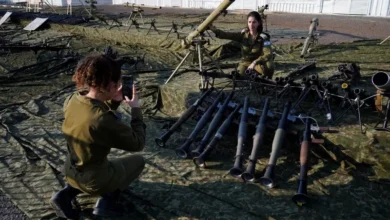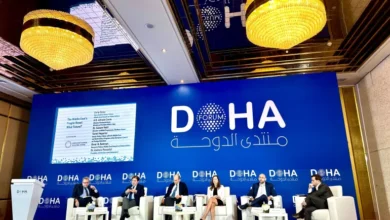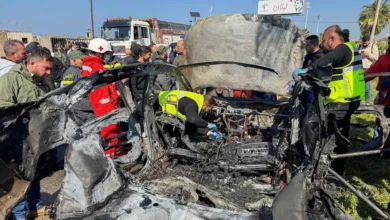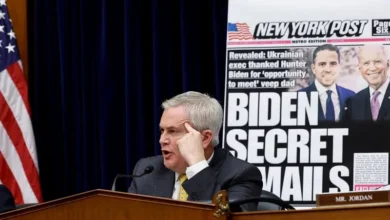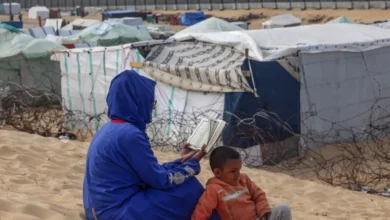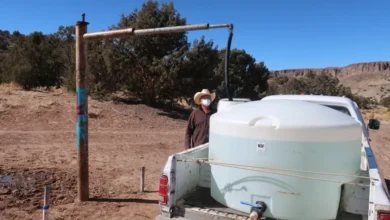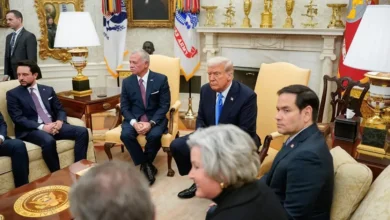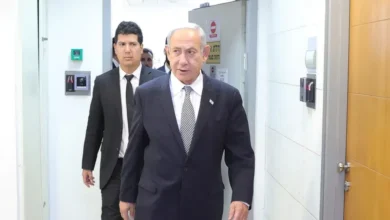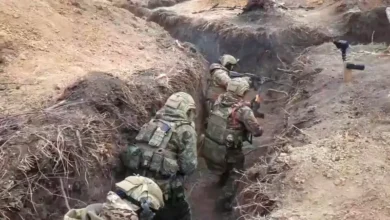US-Iran relations: Why did the prisoner exchange deal happen now?
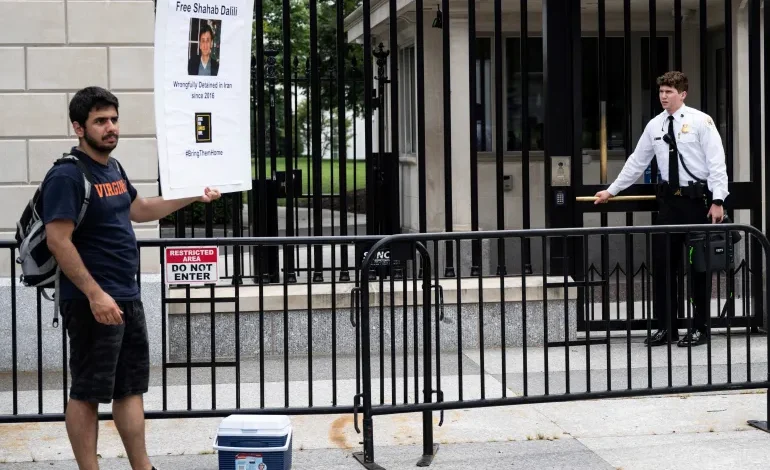
Earlier this month, after more than two years of closed-door negotiations, the United States and Iran agreed to a prisoner swap deal, which once implemented, will see Tehran releasing five US-Iranian citizens in exchange for the release of several Iranians jailed in the US, and access to billions of dollars in frozen funds.
But questions about why the deal is only happening now, when some of the prisoners have been in jail for years, continue to linger.
Prisoner swap blackmail?
Some critics have charged the US with giving into Iranian “blackmail” by agreeing to the deal.
US Republican Senator Tom Cotton accused the country’s President Joe Biden of a “craven act of appeasement” that would “embolden” Iranian leaders, in a statement earlier in August.
Iran’s economy is currently ailing. According to the World Bank, the country faces intensified climate change challenges, including severe droughts, which could restrict agricultural output.The war in Ukraine has also raised Iran’s import bill, putting a strain on government finances.
“It’s clear that Iran is expecting the funds in South Korea to become accessible so that they can benefit and revamp their economy, which is currently struggling. But this money is also their own. It’s not that the US is giving them money,” Roxane Farmanfarmaian, academic director and lecturer in international politics at the University of Cambridge specialising on Iran, told Al Jazeera.
“I also think it’s a bit disingenuous to say that in this prisoner swap deal, Iran is the only one that’s blackmailing here. I’m not saying Iranian law is practised in an appropriate way, but since the US withdrew from the 2018 JCPOA [Joint Comprehensive Plan of Action] nuclear deal and placed Iran under extraordinary sanctions and froze all its funds when Tehran had been complying with the deal, the entire US approach towards Iran has also involved a bit of blackmailing,” she added.
Iranian human rights lawyer and former head of public interest law at Oxford University Kaveh Moussavi also thinks the US-Iranian deal has come about because the Biden administration has a vested interest in making sure war does not break out in yet another part of the world, and is apprehensive about Iran’s relations with Russia.
“The West is working flat out to supply the ammunition needed by Ukraine, while Russia has run out and they’re begging Iran and North Korea to supply them with drones, shells and mortars. The US is aware that Tehran is very heavily invested in the survival of the Russian regime and is keen to change that narrative and also ensure Tehran is at peace with its other neighbours in the Middle East,” he told Al Jazeera.Since Russia invaded Ukraine last February, Moscow and Tehran have gotten closer.
But while Iran has acknowledged supplying drones to Russia before the beginning of the Ukraine conflict, it has rejected US accusations that it has sent hundreds of drones to Russia since the beginning of the war.
Dissent towards the deal
Tehran has said the prisoner exchange deal will be implemented once the frozen assets arrive at a bank account in Qatar’s central bank.
But not everybody in the US is happy with the deal, particularly family members of a US permanent resident who has not been included.
“My father Shahab Dalili, a US permanent resident and citizen of Iran, continues to languish in prison in Tehran. I have not been given any explanation regarding why he hasn’t been released. The US government says it is because my father has not been designated as ‘unlawfully detained’. It has been seven years and I need the American government to act responsibly,” Darian Dalili, Shahab’s son, told Al Jazeera.
